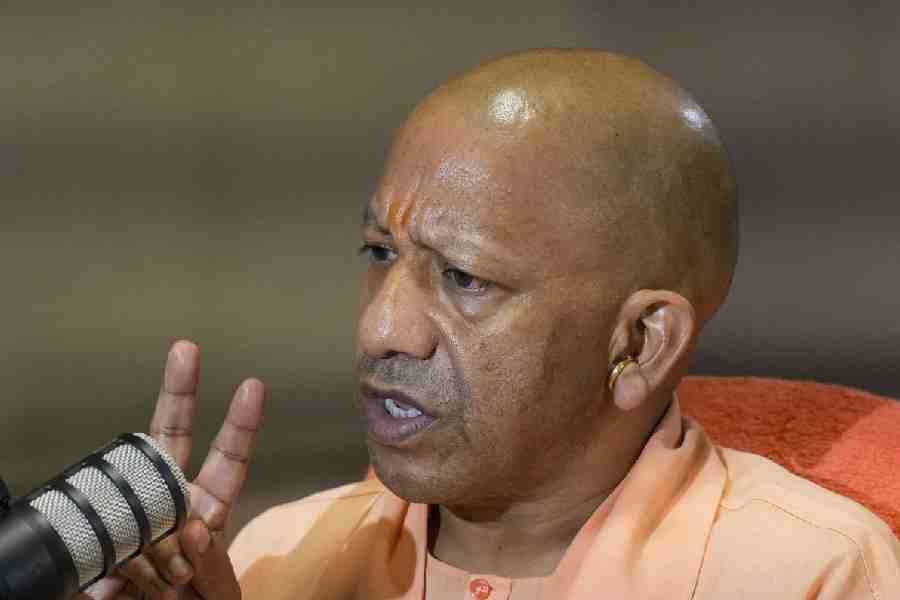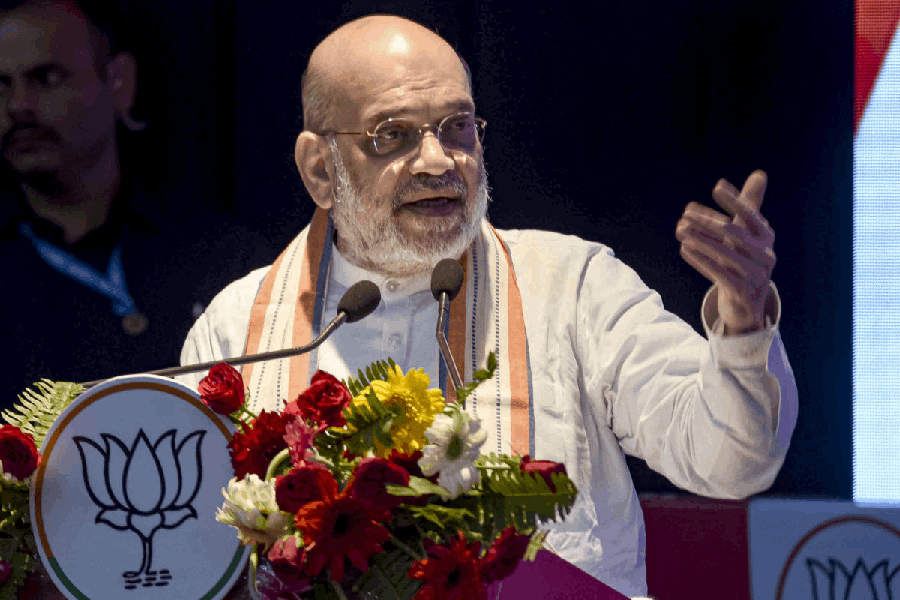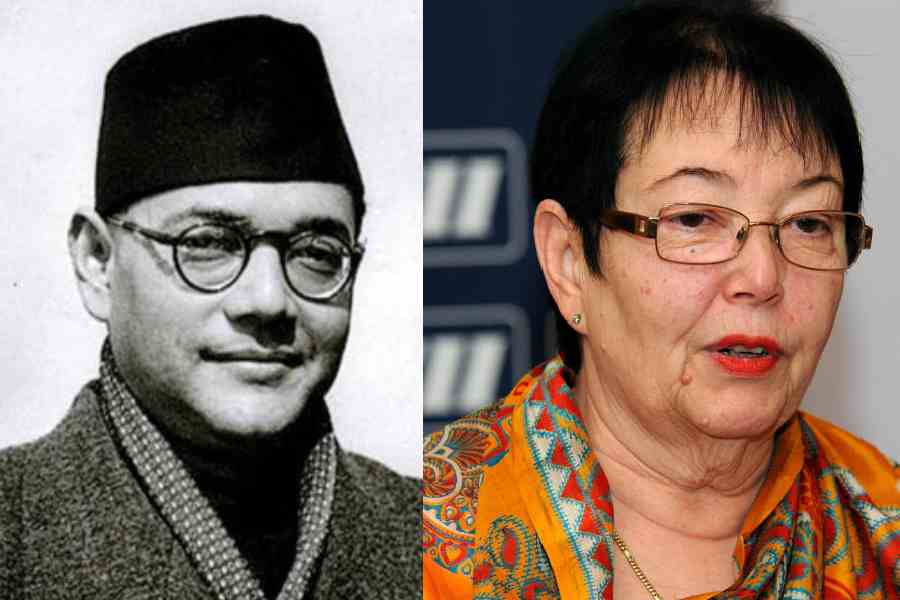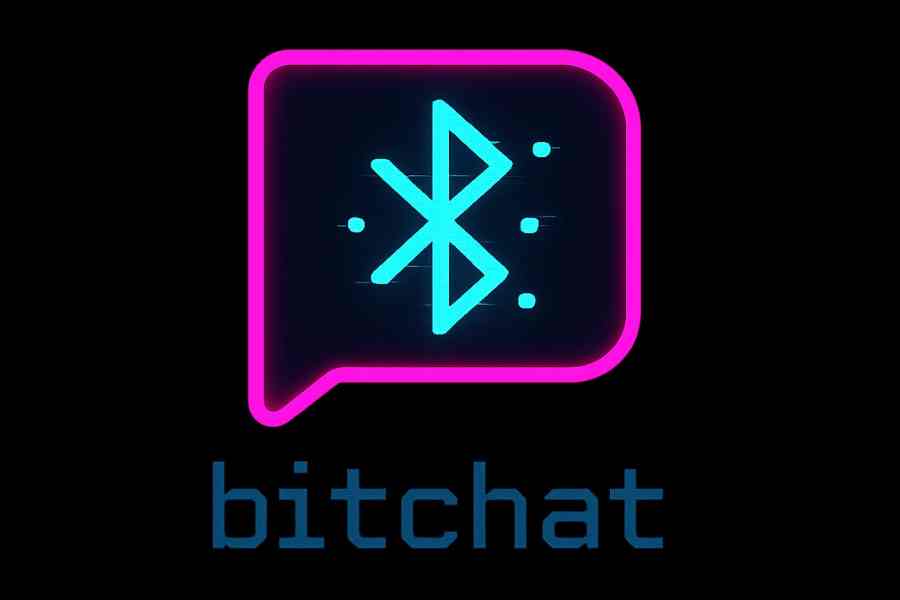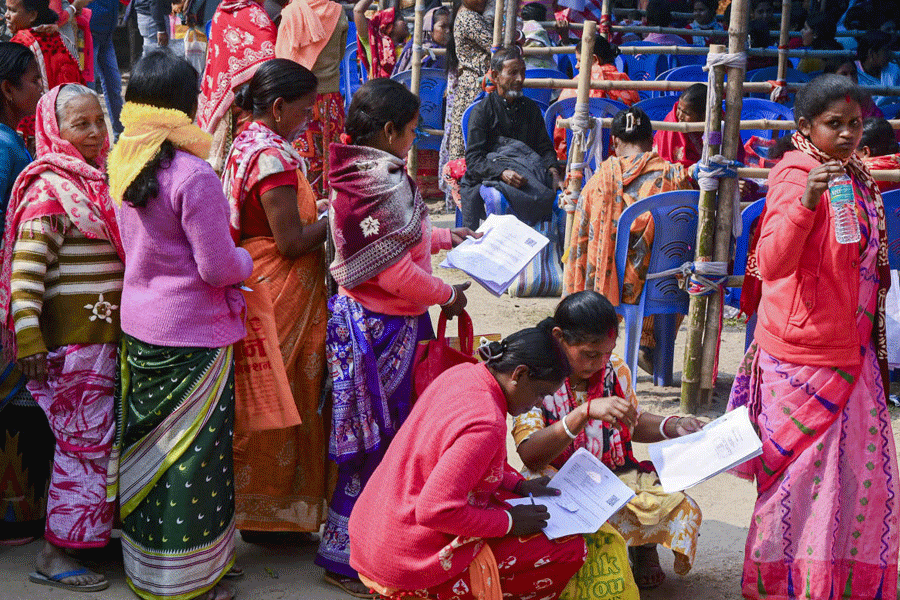New Delhi, June 13: The Central Board of Secondary Education may scrap a key exam rule that requires it to maintain near parity in the pass percentage with preceding years but is unlikely to stop giving extra marks to compensate for ambiguous or difficult questions.
The CBSE, which has nearly 18,500 schools affiliated to it, increased marks in several subjects by up to 10 per cent in this year's board exam after a judgment by Delhi High Court overruled its earlier decision to end the practice.
The judgment came late last month, a few days before the country's largest school board announced its Class XII board results.
A senior board official today said marks are increased under the moderation policy in the CBSE's examination bylaws, which may be amended partly to check artificial inflation of marks.
But the rules that mandate compensation for difficult, ambiguous or erroneous questions will not be touched, the official added.
The CBSE and other boards prepare three sets of question papers in each subject to manage any untoward situation, such as question paper leaks. All the three sets are used and paper-setters are advised to prepare the questions in a way that the sets ensure the same difficulty level.
But despite such efforts, some questions in a set can turn out to be more difficult than the others. In such cases, the board prescribes a marking scheme to liberally assess students who have attempted the difficult questions.
The bylaws are clear on this. They say the board will give extra marks to compensate for the difficulties experienced in solving questions within a specified time because of ambiguities in questions or errors to ensure uniformity in the evaluation process.
The objective is to level up the mean achievements in the set-wise performance in case of varying difficulty levels in the multiple sets.
This means the board finds out the average mean score of each set. If the score varies, the board, to ensure parity, grants extra marks to candidates who got the question paper set whose mean score is low.
The board also gives grace marks to students to increase the pass percentage.
Finally, the board compares the overall pass percentage with the pass rate of the preceding years. If the pass rate is still low, the board gives extra marks to every student, subject to a ceiling of 95 in a paper.
The bylaws say the board will give extra marks to "maintain near parity of pass percentage of the candidates in the current year vis-à-vis preceding years, subject-wise and overall".
A senior CBSE official said giving extra marks for addressing difficulties or ambiguities in question papers and grace marks is all right. "That will continue. But giving extra marks to bring near parity with the pass rate of previous years is irrational. It may be discontinued."
Some boards award marks for extracurricular and cultural activities and add them to the marks obtained in the core subjects. Such "dubious" practices have to end too, the official said.
Earlier this year, on April 24, the human resource development ministry had held a meeting of all the 26 boards in the country where they agreed to end the practice of increasing marks. Some parents had then moved Delhi High Court, which set aside the decision taken for this year's exams on the ground that the examination process had already started.
"Now the amendments to examination bylaws will be done before students start registering in November for next year's board examination," the board official said.
A senior ministry official said an inter-board working group set up by the ministry would coordinate with all the boards on scrapping the system of increasing marks, not the reasonable moderation policy.
"The boards are resorting to blind spiking of marks in the name of moderation. That has to end. Reasonable moderation will continue," the official said.
The ministry, the official added, would soon hold a meeting of all the boards.





